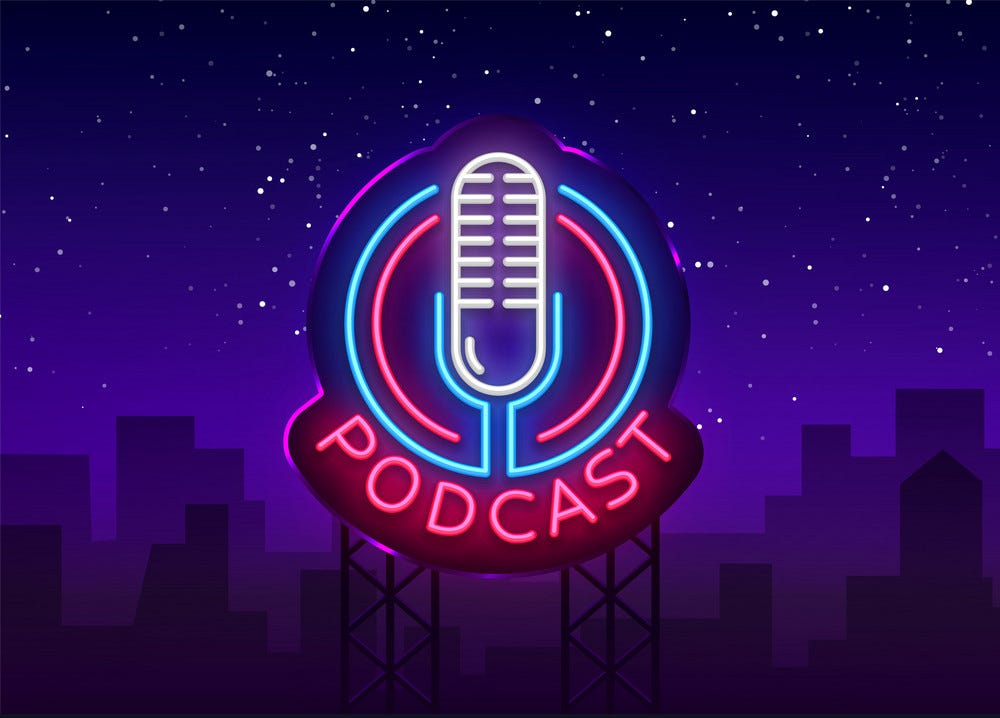Podcast

A podcast is a media file which is distributed over the Internet using syndication feeds, for playback on portable media players and personal computers. Like 'radio', it can mean both the content and the method of syndication. The latter may also be termed podcasting. The host or author of a podcast is often called a podcaster. The term "podcast" is a portmanteau of the name of Apple's portable music player, the iPod, and broadcast; a pod refers to a container of some sort and the idea of broadcasting to a container or pod correctly describes the process of podcasting. [...] Though podcasters' web sites may also offer direct download or streaming of their content, a podcast is distinguished from other digital audio formats by its ability to be downloaded automatically, using software capable of reading feed formats such as RSS or Atom.”
Podcasting is a significant resource which teachers can use to teach and learn a language. It is an alternative method of learning which can help to improve your listening skills. Most of producers of podcasts are educators who use this technology to communicate with their students outside the traditional class. Podcasting is also a tool which allows teachers to share their ideas and suggestions in order to improve their method of teaching.
Educators who decide to create an educational podcast, have to follow five important steps:
1.It's important to choose an appropriate content. This means that it's better to avoid complex content material which includes lots of images ans descriptions because students generally don't take note, they always keep in mind the content they listen. it's important to not communicate too much content in a single podcast because students could not understand all the message. Teachers have to choose the main concepts and help students to learn the meaning, also using some examples or episodes.
2.Teachers have to determine their educational aim and purpose for each podcast they create. For example some of the most important goals are:
- Prepare students for learning something new;
- Propose and explain a complex concept;
- Provide some alternative strategies for understanding new content.
3.Teachers have to explain their contents through interviews, dialogues or monologues. This is an important passage because the initial message can determine the success or the failure of their podcasts.
4.It's better if teachers produce their podcasts in a personal and informal way because some researches in instructional media stated that students learn better using this method.
5.Teachers should integrated their podcasts into their course content and learning activities, because this could be very useful for their students.
If you want to listen my Podcast about Cultural Parametres, click here.
Yorumlar
Yorum Gönder